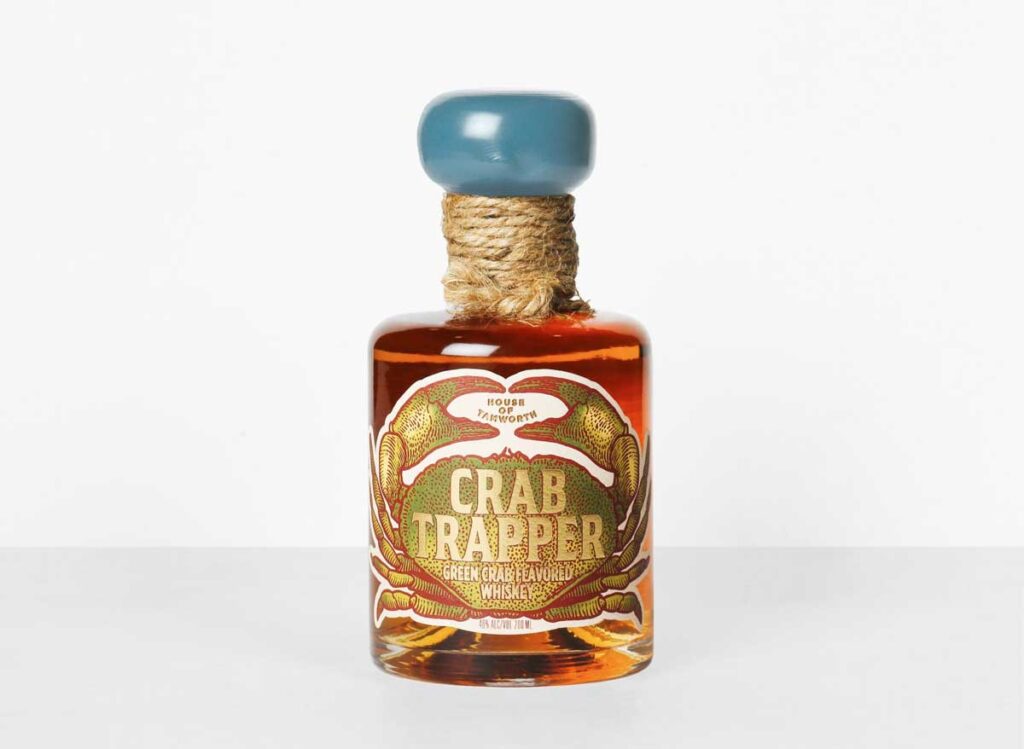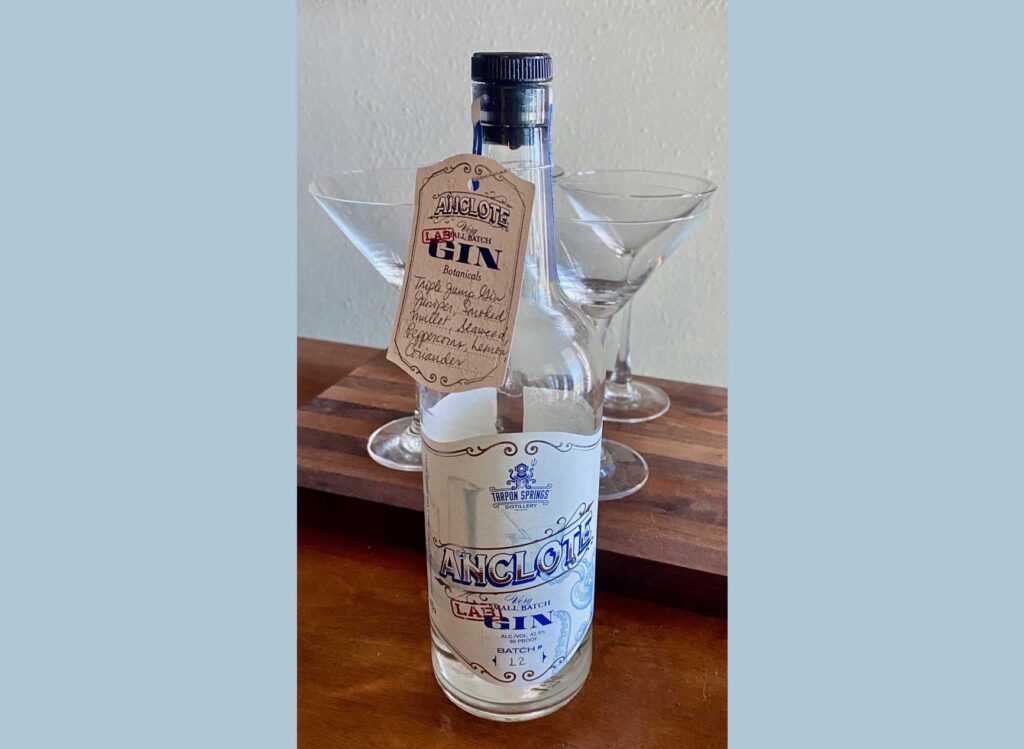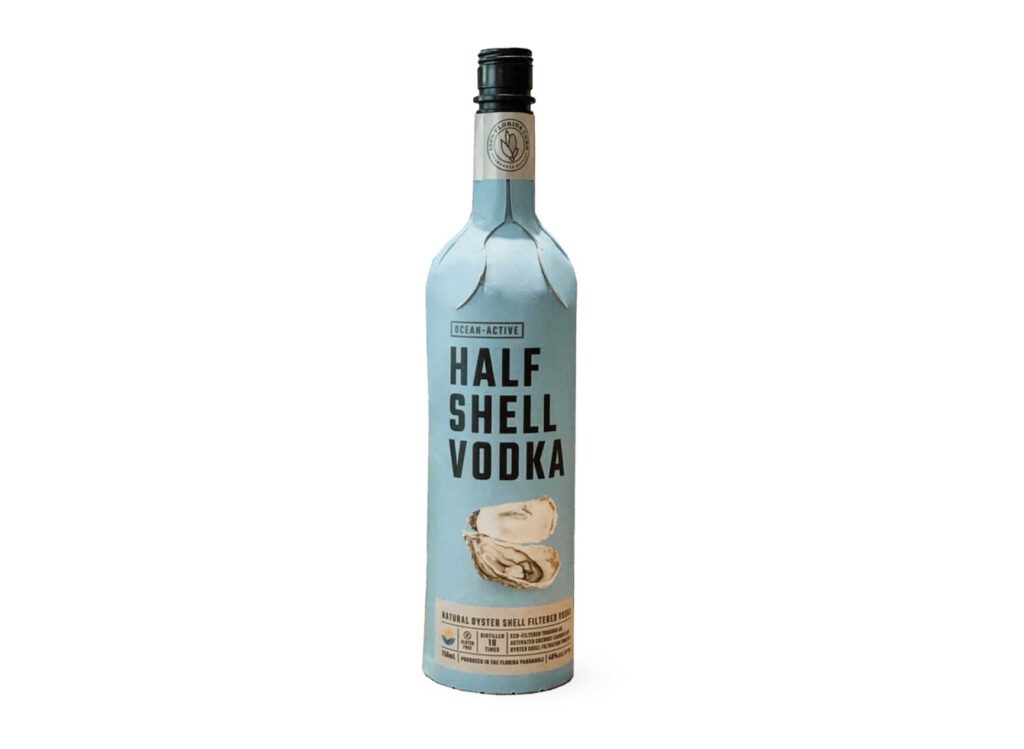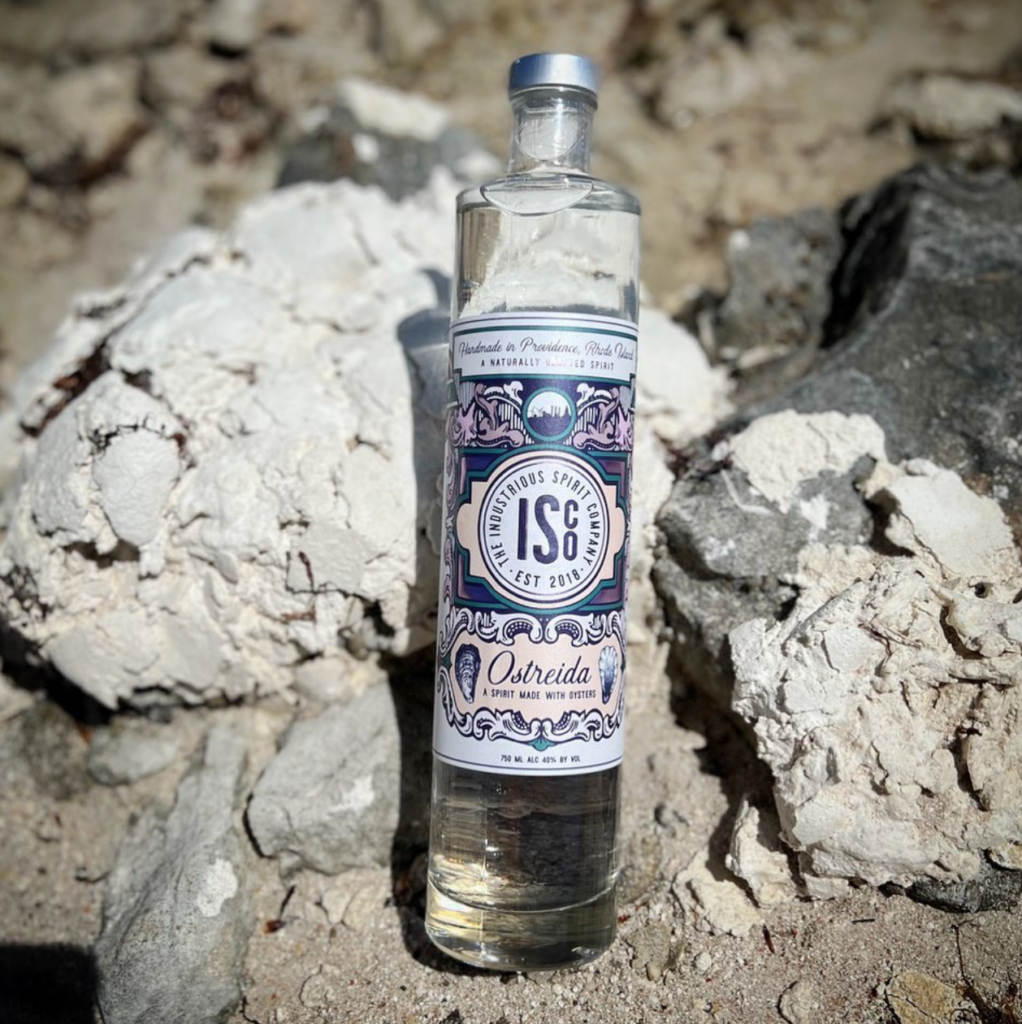
This guest post comes to us from our friends at the All American Whiskey blog — check them out here: allamericanwhiskey.com
I’m not happy about writing this article. I love whiskey and I love fish but at some point in recent years, a handful of eager distillers have found it in their hearts to marry the two and I, for one, am livid.
I have no idea if fish whiskey is good or bad. I assume it’s horrible and though I’ve never tasted any, I stand by my statement because (and this is based on pure science) of course it is. It’s whiskey. And fish. When in the name of all things holy has anyone ever thought to put those two flavors into a glass?
Advertisment
Apparently these four distilleries have made a deal with satan
I’m not judging. Want to work with the Prince of Darkness? Be my guest. Somebody’s gotta do it. Better you than me. But if the devil asks you to make whiskey out of fish, do what any serious man would do and kick Satan in his new testaments because even people desperate enough to sell their souls have limits.
Why, WHY, did someone make fish flavored whiskey?
Ok, we want to be clear. The whiskies and other spirits listed below don’t necessarily taste like fish. One of them’s made with crabs anyway. The other one’s made with oysters. Kind of. What we mean is somewhere in the process of making a whiskey, fish were directly involved. Or crabs. Or oysters.
As to why someone would conjure such an abomination, I can only assume they were bored with their relationship with Cthulu and looked around for another unspeakable horror to take home from the bar. It can’t really be for any other reason. Could be they are simply poor misguided souls who lost the tether to reality that keeps most of us from doing insane things. Maybe they hate people. Or maybe, just maybe, they really, REALLY, like fish. I mean, come on, even Malört’s like: Hey, fish whiskey, dial it back.
Advertisment
Still interested in fish whiskey? Fine. Don’t say we didn’t warn you.

I’ve got crabs
Is not a thing you want to say out loud, but New England fishermen have had the crabs for decades. The green crab is an invasive species that’s devoured most of the New England underwater seascape, leaving native species bewildered and starving to death. Which makes them easy prey for the green crab which eats them too.
According to the International Union for Conservation of Nature, European Green Crabs are one of the world’s most destructive invasive species. They’re edible, but so are cigarette butts if you’re dedicated. European Green Crabs taste like old mud and they’re hard to catch because they’re small and they look just like some native species. They’re basically a pain in the ass on every front and no one knows what to do with them.
Except the weirdoes at Tamworth Distillery who turn them into bourbon. According to their website, the resulting spirit, Crab Topper, is made with a “bourbon base steeped with a custom crab, corn, and spice blend mixture, best likened to a low country boil.” Which is all fine and seems professional, if a little bug-eyed and cray. However, it’s this line that causes the distinguished whiskey aficionado to recoil: “The crab is present lightly on the nose, accompanied by coriander and bay to smooth out any high notes.”
You can get your tiny bottle of Crab Topper at the distillery. As it seems to be promoting creative solutions to the European Green Crab problem ruining the nation’s lobster pots, I encourage you to buy some immediately, but as your friend, I implore you to first make peace with your God of choice.
Advertisment

Of course, there will be mullet.
Barry Butler makes excellent whiskey and spirits in Tarpon Springs, Florida. If you’ve never heard of Tarpon Springs, its the part of Florida that used to be in Greece. Or you’d think so, since their harbor is home to the nations biggest sponge diving industry. If you’ve used an actual sponge in the shower, chances are it came from Tarpon Springs.
But they’re also into fish. The Gulf of Mexico is one of the most diverse fisheries in the world. And although you can catch beautiful, delicious species like grouper, snook, and red snapper, people in Florida are fixated on the most redneck of fish, named after a haircut: the mullet.
Mullet are one of the most popular fish in the world. Even though cobia and seabass exist, people from Italy to Itasca snap ’em up for dinner. In Florida, mullet are either the main character in massive fish frys or they’re smoked and this last method is where Tarpon Springs excels and where Butler got the idea for his Triple Jump Gin (mullet are known for the spectacular way they leap out of the water, with a distinctive triple jump).
“Smoked mullet, and smoked fish dip are served in most Tarpon Springs seafood restaurants,” said Butler. “So it seemed like a no brainer to try and make a gin with that. Also, mullet is an oily fish, so the flavor comes through distillation very easily.”
Florida’s distribution laws are draconian and stupid, so you can’t buy Triple Jump Gin outside the state. But (full disclosure here) as a former Floridian, I can tell you Tarpon Springs is drop-dead beautiful and you should go there now to drink their fishy gin.
Advertisment

OK, this one sounds good.
Florida being the fishing paradise and destination it is, one shouldn’t be too surprised to see more than one distillery running their liquor through a fish. Except for Distillery 98 it’s oysters.
Perched just west of the big fang in the Florida panhandle in Santa Rosa Beach, Distillery 98 makes vodka. They pull the water up from the Floridian aquifer to make their spirit which they then filter through a mixture of coconut carbon and clean oyster shells.
While this process is an outstanding example of local sourcing and environmental footprint reduction, no flavor is imparted from the bivalves in question. Which is probably good, I mean, nobody’s gonna actually make booze out of oysters.
Advertisment

Except yes they will.
The Industrious Spirits Company in Providence, Rhode Island has access to delicious cold water oysters year round. They were already making a clear corn liquor that paired incredibly well with the briny shellfish so their creative team (clearly drunk) thought, why not just put the oysters into the mash?
Such a question should be followed by some grizzled old man staring meaningfully before shaking his head and croaking out in an old man judgement growl: why, Darryll? Why?
But not the people at ISCO. They did it. Each batch of Ostreida (the scientific name for oysters) is made with a proprietary corn mash and actual oysters. As the mash cooks, the oysters steam and release their liquor, imparting a subtle flavor of oysters to the spirit.
Every bottle has a neck tag telling you which oyster farm supplied the bivalves in that particular batch and yes, once again, you have to go there or at least be in Rhode Island, Maine, or Connecticut.
Advertisment
So does this mean fish whiskey is a thing?
I hate to break it to you, but making waves in the beverage industry is hard. Creating a stand out liquor that’s also utterly weird generates press. This is how we got peanut butter whiskey, and Tabasco whiskey and believe me they aren’t going away anytime soon. But perhaps we should embrace out inner abalone and give it a shot. Smoked Mullet gin has to make a hell of a bloody mary. I bet a dirty martini made with Ostreida is delicious.
Have you reeled in an unusual Fish Whiskey in your travels? First, are you ok? Secondly, let us know.
Bull Garlington is the founder and Chief Creative Officer of All American Whiskey.
Advertisment

This writer sounds very suspicious. I’m almost certain he’s in bed with BIG FISH.
He’s just fishing for likes. He’s throwing a big net out there to catch backlinks. The whole humor thing is really kind of shellfish, when you think about it. He’s just trying to lure in readers with click bait so obvious a clam could see it.
Also, who says “embrace our inner abalone”?
This all sounds incredible!
I’m floundering if I should actually buy this.